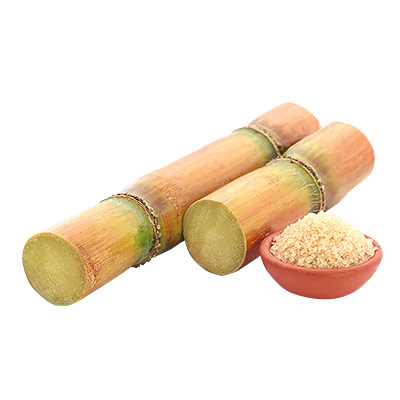
Grade
Conventional

Grade
Conventional

Facts
Sugarcane is a form of grass that belongs to the Poaceae family. It is native to the regions of the Old World, ranging from warm temperate ones to tropical ones. Sugarcanes have a stout, jointed and fibrous stalk, which can measure 2 to 6 meters in height. They are rich in sugar and are grown in over 200 countries of the world. In 2005, Brazil was the largest producer of sugarcane in the world, followed by India. Apart from being the source of sugar, sugarcanes are also consumed in the raw form, especially in India.
Nutrients
Unrefined sugar cane offers a host of essential nutrients and minerals that refined and white sugars cannot. It contains magnesium, phosphorus, calcium, potassium and iron. The process of refining introduces many harmful ingredients to sugar cane, such as sulfur dioxide and phosphoric acid.
Preliminary Health Research
Prevention and treatment of cold and flu symptoms are one of the many health benefits of cane sugar. It helps reduce congestion and ease sore throats.
Cane sugar also helps prevent cancers like prostate and breast cancer. Also, unlike refined sugars, sugar cane helps revitalize, energize and hydrate the body after exercise.
Uses
While cane sugar offers many benefits, it should be consumed in moderation. Excessive cane sugar consumption may cause weight gain and it could promote the onset of Type II diabetes.